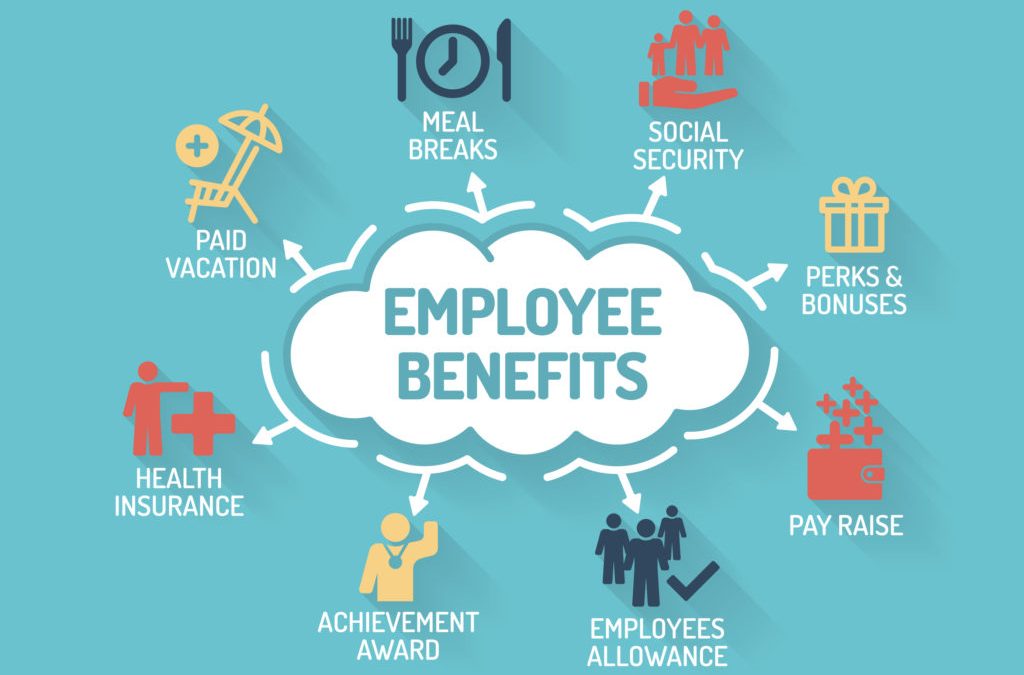Employee benefits in the Philippines protect workers, support their families, and promote financial stability. Understanding these benefits helps you claim your rights and plan your finances with confidence. This guide covers all mandatory benefits in the Philippines, including PhilHealth, SSS, Pag-IBIG benefits, and leave entitlements.
Mandatory Government Benefits in the Philippines
1. Social Security System (SSS)
The Social Security System (SSS) provides retirement, sickness, maternity, disability, and death benefits. Employers and employees both contribute monthly. These contributions build funds that workers can use in times of need.
For example, mothers receive cash benefits during maternity leave.
2. PhilHealth
PhilHealth gives healthcare coverage for employees and their dependents. Employers and employees share the contributions. As a result, members get access to hospital stays, outpatient services, and other medical programs. This coverage reduces medical costs and supports long-term health.
3. Pag-IBIG Fund
The Pag-IBIG Fund helps employees with savings and loans. Members can apply for housing and short-term loans. In addition, savings earn dividends, which increase financial security.
Mandatory Leave Benefits in the Philippines
1. Service Incentive Leave (SIL)
Employees who complete at least one year of service receive five days of paid service incentive leave. They can use this leave for rest, family matters, or health needs.
2. Maternity Leave
Female employees get 105 days of paid maternity leave. They may extend for another 30 days without pay. In addition, solo mothers enjoy 15 more days, giving them a total of 120 days.
3. Paternity Leave
Married male employees receive seven days of paid paternity leave. This benefit lets them support their spouse after childbirth. As a result, families receive stronger care during this important stage.
4. Special Leave Benefits for Women
Women who undergo surgery for gynecological issues get two months of paid leave. This law shows the government’s effort to protect women’s health.
5. Parental Leave for Solo Parents
Solo parents receive seven days of parental leave each year. This benefit helps them balance work and parenting duties.
Other Mandatory Benefits
1. 13th Month Pay
All employees receive 13th month pay no later than December 24 each year. This bonus improves financial stability during the holidays. Also, it ensures workers share in company success.
2. Overtime Pay
Employees who work beyond eight hours a day earn overtime pay, usually 25% above the hourly rate. On the other hand, work on holidays or rest days pays even more.
3. Night Shift Differential
Employees who work between 10:00 p.m. and 6:00 a.m. receive an extra 10% of their hourly rate. This added pay recognizes the challenges of night work.
4. Holiday Pay
Employees who work on regular holidays receive 200% of their basic daily wage. On special non-working days, the pay rate is 130%. So, workers receive fair pay for giving up rest days.
Why These Benefits Matter
Knowing your benefits helps you claim what you deserve. These protections also create safer workplaces and more financial stability.
For official guidelines, visit the Department of Labor and Employment (DOLE).
You can also try our Suweldo Calculator for quick and easy salary computations.
Final Thoughts
The mandatory benefits in the Philippines—from PhilHealth, SSS, and Pag-IBIG benefits to leave and bonuses—support workers and their families. Therefore, staying informed ensures you enjoy the full protection of the law while preparing for the future.

